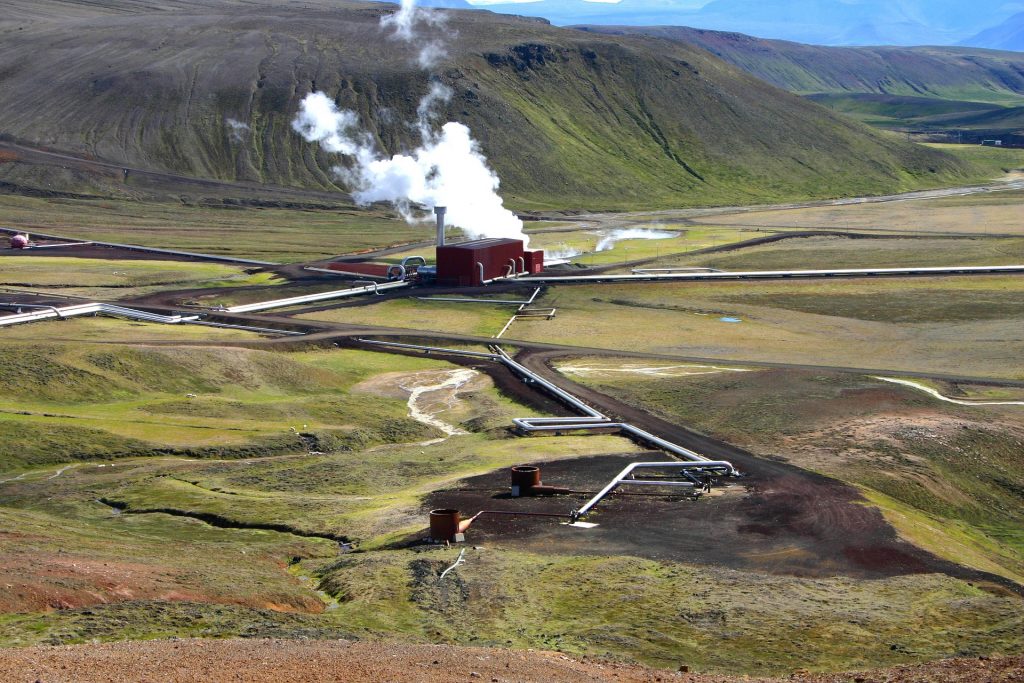Renewable or regenerative energy sources, unlike fossil energy sources, are virtually infinitely available. The best known are solar, wind, photovoltaic and hydropower. It also includes geothermal energy, ocean energy and ambient heat.
The so-called bioenergy also belongs to the regenerative energies. It is generated from solid biomass such as wood. Biogas is produced from agricultural waste, organic waste, green waste and the like. Liquid biomass is the basis for biodiesel, which is equivalent in use to mineral diesel.
All of these bioenergy sources are characterized by the fact that they are based on renewable raw materials.
For a long time, renewable energies were considered too expensive and thus not competitive with fossil fuels. In the meantime, the cost per kilowatt hour has fallen sharply, especially for large plants, and is often lower than that of plants that run on fossil fuels. This leads to their increased use.

In its WEO 2020, the International Energy Agency (IEA) assumes that almost 40% of global electricity demand will be covered by renewable energies by 2030. According to an IPCC report from 2012, under optimistic assumptions, as much as 77% of the world’s primary energy supply could come from renewables by 2050.
However, even renewable energies do not get by entirely without emissions. Even for their use, equipment must be produced, installed, maintained and recycled or disposed of at the end of its life. Overall, however, the differences in average emissions between renewables and fossil fuels are large. Renewable energy sources have a significantly better eco-balance.
The further growth of renewable energies is also linked to the development of storage technologies, the modernization of grids and the progress of digitalization.
Author: Anja Herberth
Chefredakteurin
















